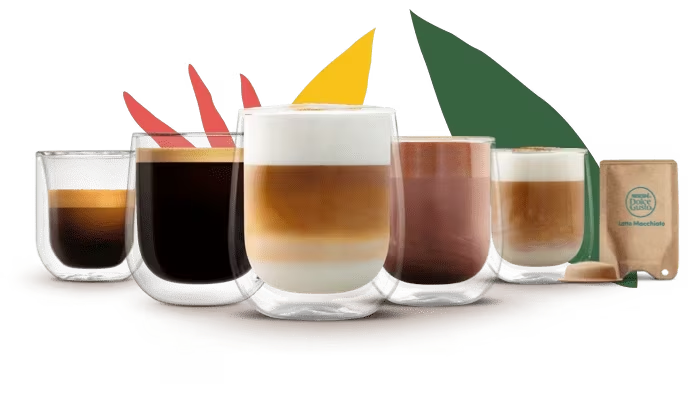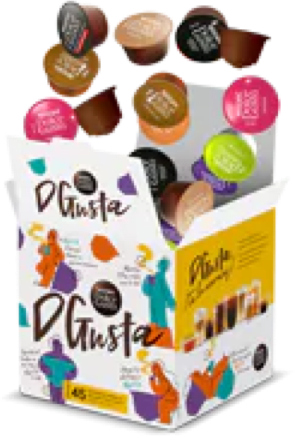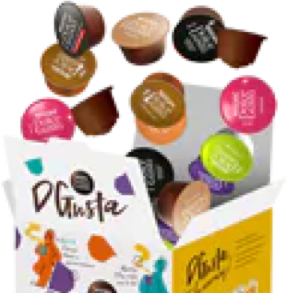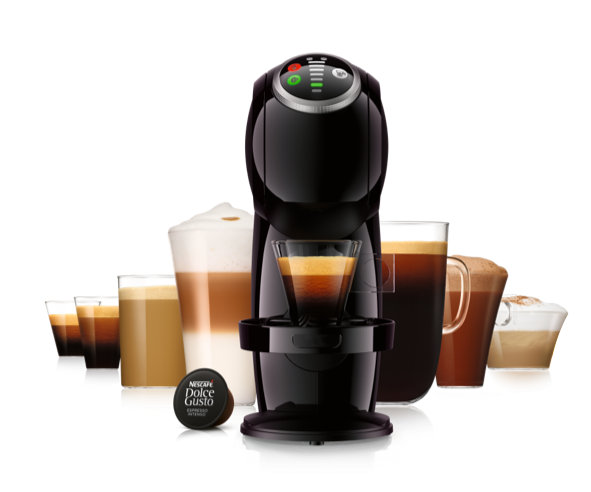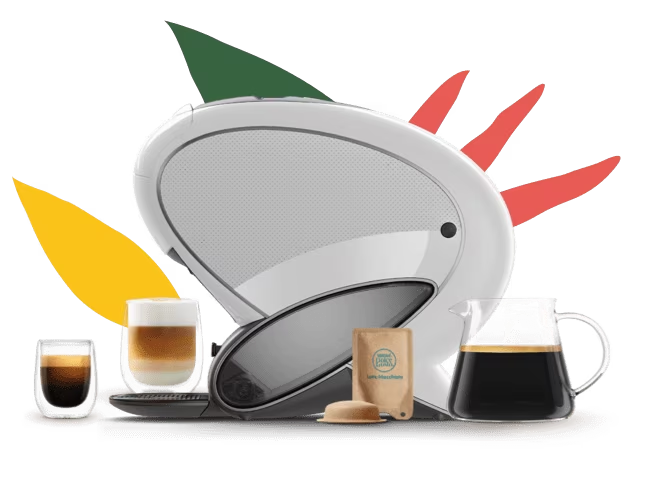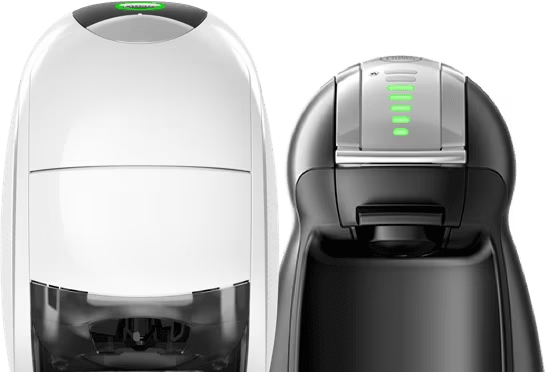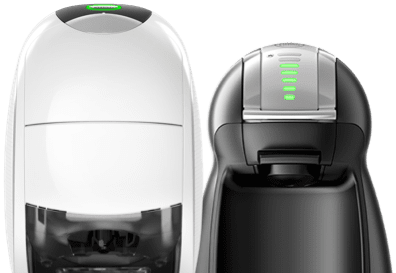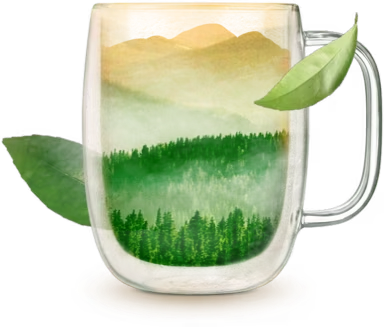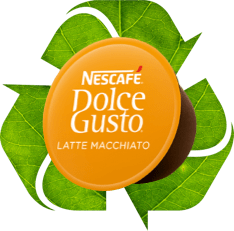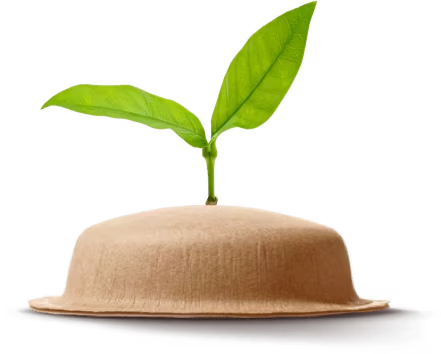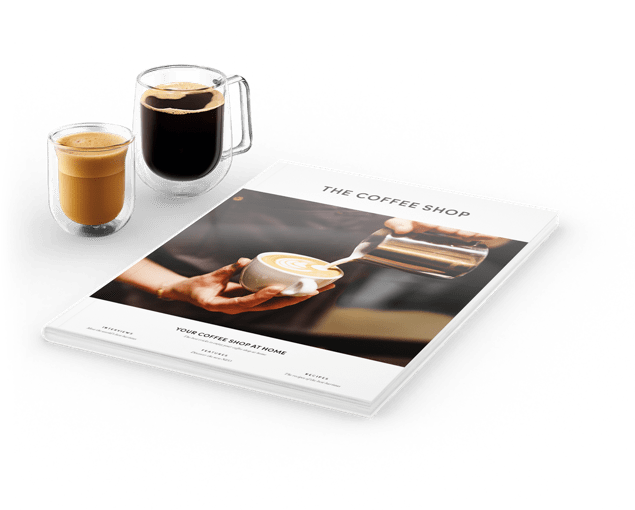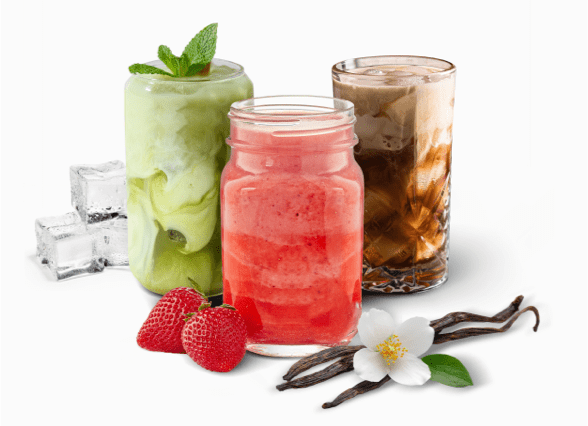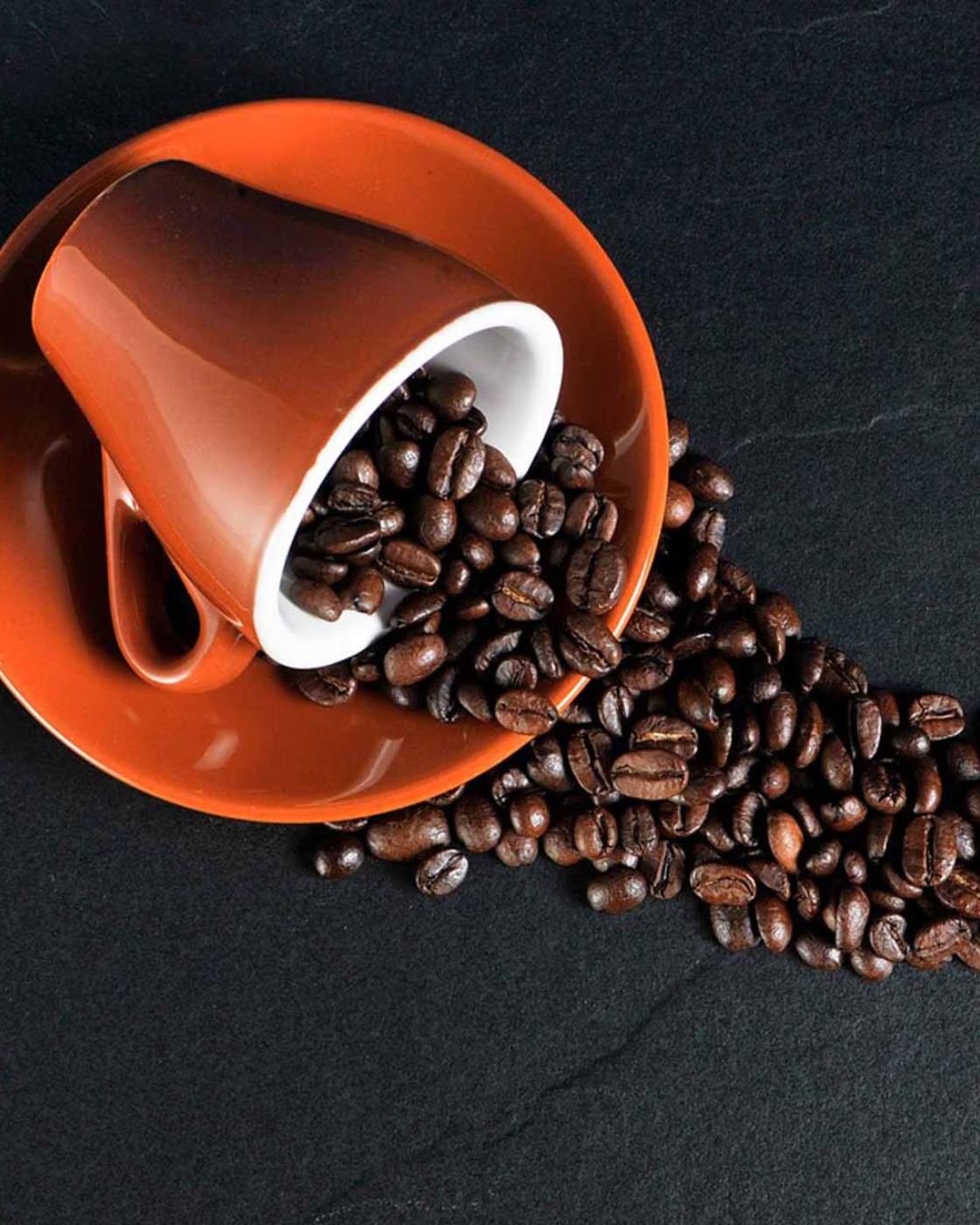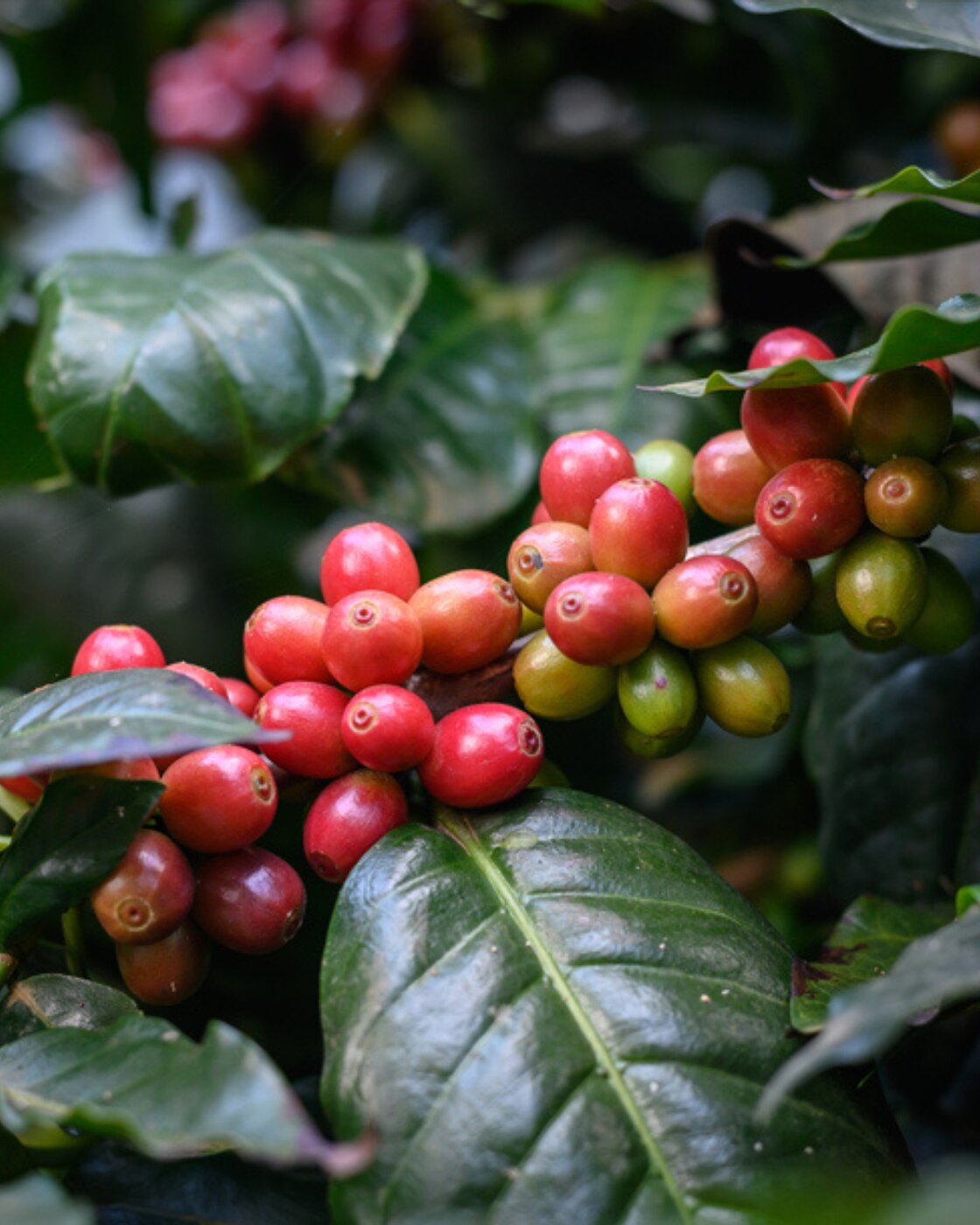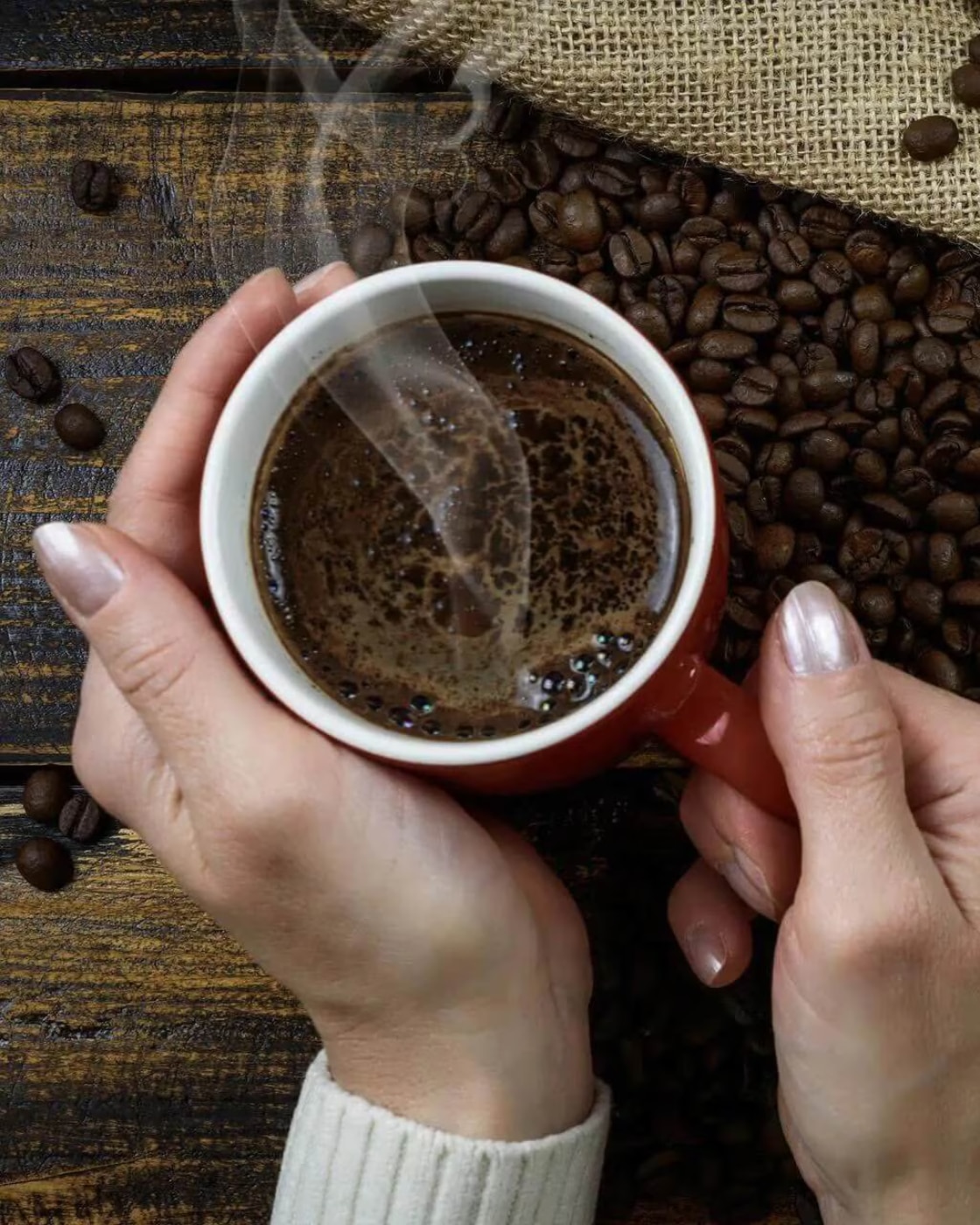Arabica vs Robusta Coffee: A Tale of Two Beans
When it comes to the world of coffee, the debate between Arabica and Robusta beans is akin to an age-old feud. The differences between these two coffee giants are stark, with each bean bringing its unique qualities to the cup. This isn't just a small disagreement over taste; it's a significant divergence in flavour, cultivation, and even caffeine content.
So, let's dive into this caffeinated world and explore what sets Arabica and Robusta apart.

What is Arabica Coffee?
Where do Arabica Beans grow?
Types of Arabica Coffee
Typica: This is the archetype of Arabica, the 'typical' bean, if you will, and parent to many other varieties.
Bourbon: Known for its complex acidity and excellent balance, it's a direct descendant of the original coffee trees from the island of Bourbon, now known as Réunion.
Caturra: A mutation of Bourbon coffee, Caturra is short and bushy, making it resistant to wind and rain.
Mundo Novo: A naturally occurring hybrid of Bourbon and Typica, boasts a large body and was first identified in 1940 in São Paulo, Brazil.
Pache: Originating in Guatemala in 1949, Pache is a compact variety known for yielding exceptionally large coffee beans.
How strong is Arabica Coffee?
What is Robusta Coffee?
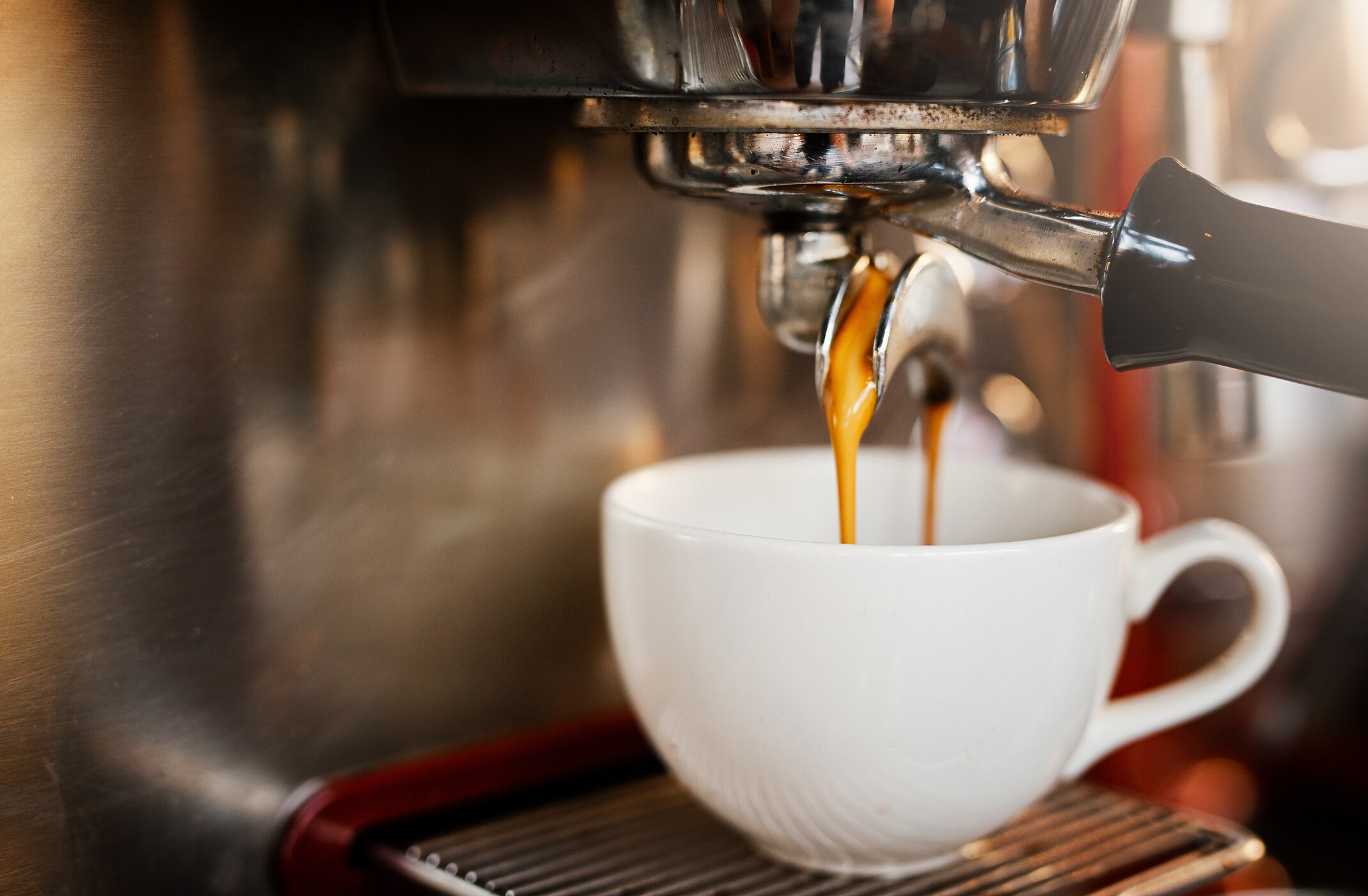
Where does Robusta Coffee grow?
Types of Robusta Coffee
Canephora: This is the typical Robusta bean, known for its strong flavour.
Nganda: A subtype of Canephora, which is slightly less bitter.
Is Robusta Coffee Strong?
What is the difference between Robusta and Arabica?
In terms of caffeine content, Robusta wins with nearly double the amount found in Arabica beans. This affects the taste you get from your brew. Moreover, Arabica plants are more susceptible to pests and require more attention and care to grow, partly because they tend to be more expensive.
Additionally, the quality of Arabica beans is generally considered superior to that of Robusta beans. This is reflected in their price, with Arabica beans often being more expensive than Robusta. Arabica beans also have a lower acidity level and a richer taste compared to Robusta beans.
The choice between Arabica and Robusta ultimately depends on your personal preference. If you prefer a coffee with a smooth, complex flavour, then Arabica is the way to go. However, if you're after a stronger, more robust coffee and are looking for a more economical option, then Robusta might be your best bet.
In conclusion, while both Arabica and Robusta have unique characteristics and advantages in the world of coffee, the choice between the two largely depends on individual taste preferences and the specific climate conditions where the coffee is grown.






































































